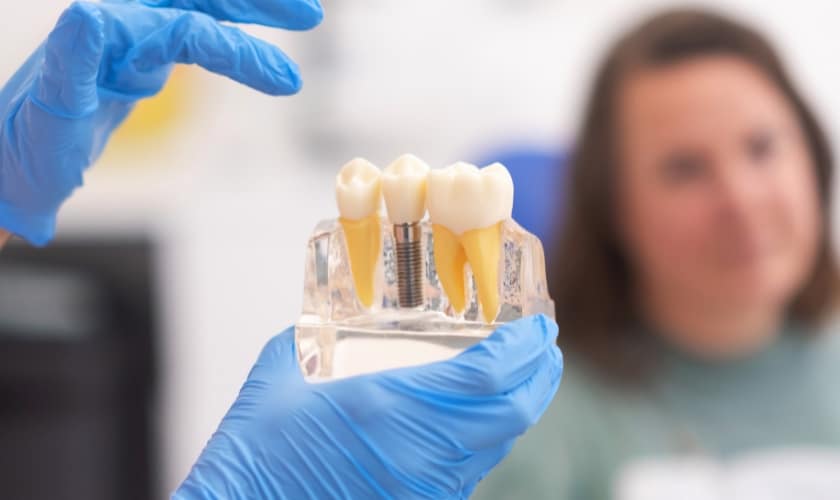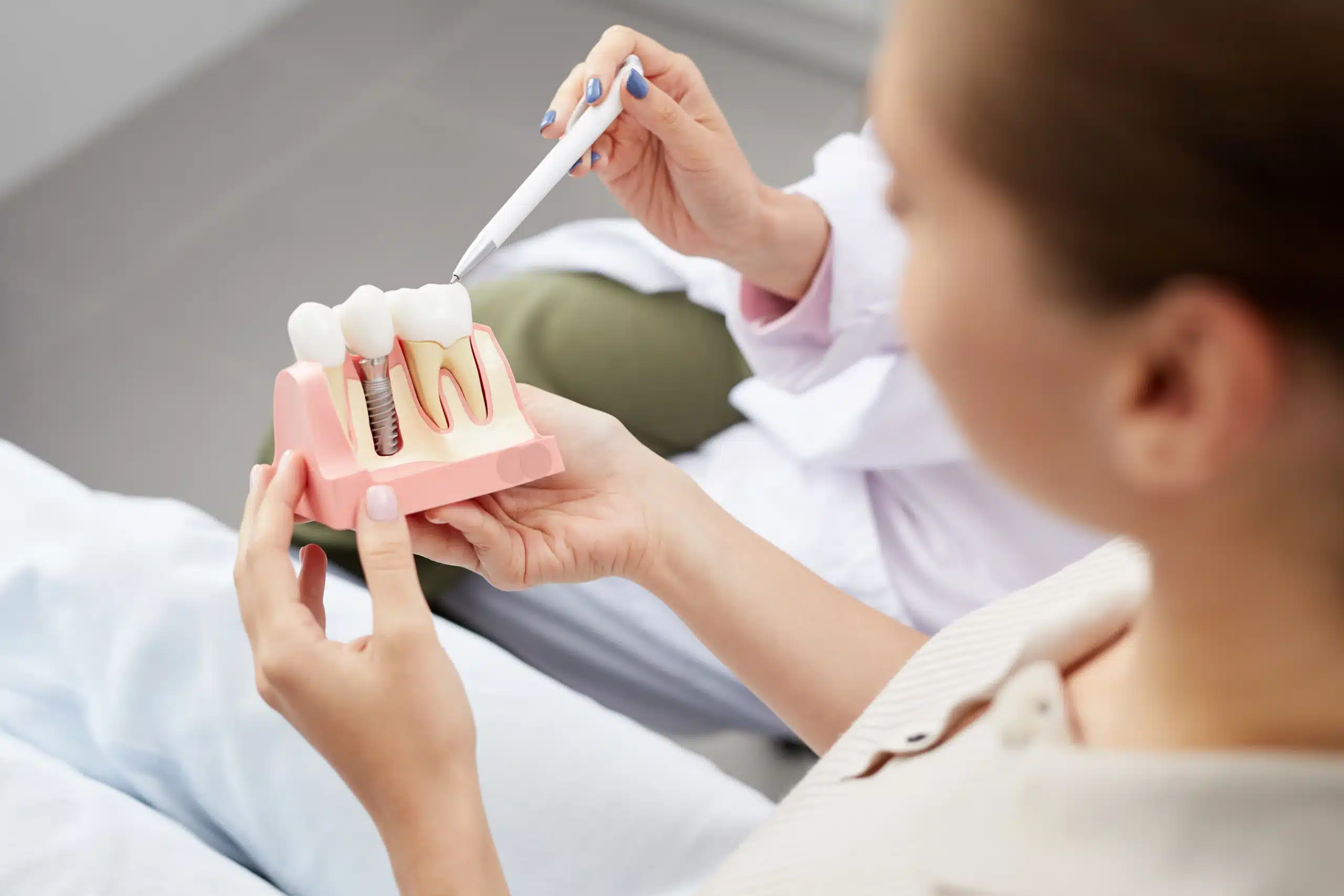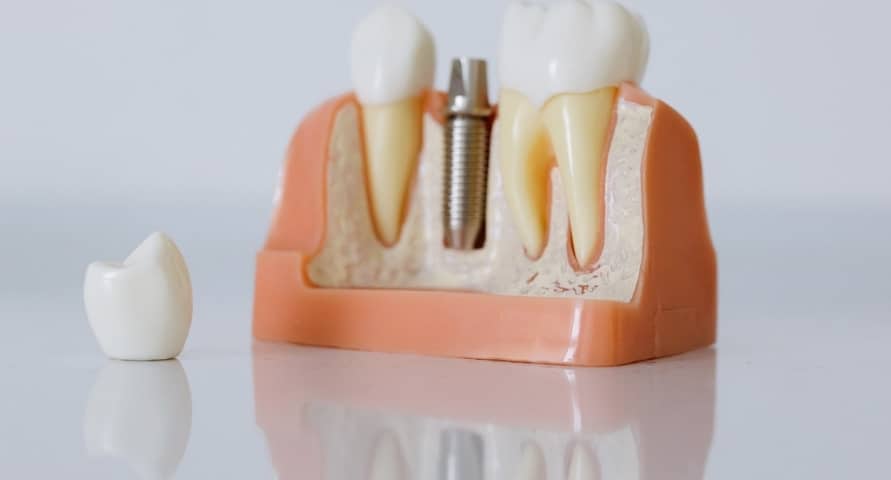245 11th Ave NE Hickory, NC 28601
Tasty Healing: 20 Best Foods After Implant Surgery

Undergoing implant surgery can be a transformative experience for your dental health. However, the path to recovery requires careful attention to your diet. At Hickory Heights Dental in Hickory, NC, we understand the importance of nourishing your body with the right foods to promote healing and ensure the success of your dental implants. In this comprehensive guide, we’ll explore the 20 best foods after implant surgery, delve into the details of implant surgery, and provide valuable tips to optimize your healing process.
Understanding Implant Surgery
What is Dental Implant Surgery?
Dental implant surgery involves placing a titanium post into the jawbone to act as a sturdy foundation for a replacement tooth. This procedure is ideal for individuals who have lost a tooth due to injury, decay, or other dental issues. According to the American Academy of Implant Dentistry, dental implants have a success rate of up to 98%, making them a reliable solution for tooth replacement.
Why Diet Matters After Implant Surgery
Your diet plays a crucial role in the healing process post-implant surgery. Consuming the right foods can reduce inflammation, promote tissue repair, and prevent complications such as infection or implant failure. On the other hand, consuming the wrong foods can hinder your recovery and prolong discomfort.
Top 20 Foods After Implant Surgery
Here are the 20 best foods after implant surgery that can aid in your recovery:
1. Greek Yogurt
Greek yogurt is rich in protein and probiotics, which help in tissue repair and maintaining a healthy gut. Its smooth texture makes it easy to consume without irritating the surgical site.
2. Mashed Potatoes
Soft and easy to eat, mashed potatoes provide essential carbohydrates and potassium. They are also comforting and can be seasoned lightly to enhance taste without causing irritation.
3. Scrambled Eggs
Eggs are a powerhouse of protein and essential nutrients like vitamin D and B12, which are vital for bone health and healing.
4. Smoothies
Smoothies made with fruits, vegetables, and protein powders offer a nutrient-dense option that is easy to consume. Ensure you avoid using straws, as the suction can disrupt the healing process.
5. Applesauce
Applesauce is gentle on the surgical area and provides vitamins A and C, which are essential for immune function and collagen production.
6. Oatmeal
Oatmeal is soft and easy to eat, providing fiber and essential nutrients. It can be customized with soft fruits and honey for added benefits.
7. Broth-Based Soups
Soups are hydrating and can be packed with nutrients. Choose broth-based soups over cream-based ones to avoid irritation.
8. Avocado
Avocado is rich in healthy fats and vitamins E and C, which help reduce inflammation and promote tissue repair.
9. Cottage Cheese
Cottage cheese is high in protein and calcium, essential for bone healing and muscle repair.
10. Hummus
Hummus is a great source of protein and fiber. Pair it with soft bread or eat it alone to avoid any chewing stress on your implants.
11. Pudding and Custard
These desserts are easy to swallow and can be a comforting addition to your diet, providing essential carbohydrates for energy.
12. Bananas
Bananas are soft, easy to eat, and rich in potassium, which helps in maintaining electrolyte balance and reducing muscle cramps.
13. Well-Cooked Pasta
Soft, well-cooked pasta can be a good source of carbohydrates. Opt for plain varieties to avoid irritating your surgical site.
14. Soft Fish
Fish like salmon and tilapia are soft, easy to chew, and rich in omega-3 fatty acids, which reduce inflammation and promote healing.
15. Tofu
Tofu is a versatile protein source that can be added to various dishes without requiring much chewing effort.
16. Pumpkin
Pumpkin is nutrient-dense, providing vitamins A and C, fiber, and antioxidants that aid in healing and immune support.
17. Polenta
Polenta is a soft, easily digestible grain that can be flavored to suit your taste while providing essential carbohydrates.
18. Soft-Cooked Vegetables
Vegetables like carrots and zucchini, when cooked until soft, offer essential vitamins and minerals without causing discomfort.
19. Ice Cream (Soft)
Soft ice cream can help soothe the surgical area and provide a source of energy through its carbohydrate content. Opt for low-sugar varieties to avoid inflammation.
20. Protein Shakes
Protein shakes are an excellent way to ensure you’re getting enough protein for tissue repair and muscle maintenance during your recovery.
How These Foods Aid in Healing
Each of these foods plays a unique role in promoting healing after implant surgery:
- Protein-Rich Foods like Greek yogurt, eggs, and tofu support tissue repair and regeneration.
- Vitamins and Minerals from fruits like bananas and applesauce bolster your immune system and facilitate collagen production.
- Healthy Fats found in avocados and fish reduce inflammation and support overall health.
- Hydrating Foods such as smoothies and broth-based soups keep you hydrated, essential for optimal healing.
Foods to Avoid After Implant Surgery
While focusing on what to eat, it’s equally important to know what to avoid to ensure a smooth recovery:
1. Hard and Crunchy Foods
Foods like nuts, chips, and raw vegetables can irritate the surgical site and disrupt the healing process.
2. Sticky Foods
Caramel, chewing gum, and similar sticky foods can adhere to the implants, potentially causing infection or displacement.
3. Spicy Foods
Spices can cause irritation and discomfort around the surgical area, hindering healing.
4. Alcohol and Caffeine
These can dehydrate your body, slowing down the healing process and affecting medication efficacy.
5. Sugary Foods
High sugar intake can promote bacterial growth, increasing the risk of infection.
6. Hot Foods and Beverages
Extremely hot foods can cause burns and discomfort, delaying the healing process.
Facts on Diet Post-Implant Surgery
Studies have shown that a balanced diet significantly impacts the success rate of dental implants. According to a study published in the Journal of Oral and Maxillofacial Surgery, patients who followed a nutrient-rich diet post-surgery experienced faster healing times and fewer complications. Additionally, a survey by the American Dental Association revealed that 85% of patients reported improved recovery when adhering to recommended dietary guidelines.
Tips and Tricks for Optimal Healing
1. Stay Hydrated
Drink plenty of water to keep your body hydrated, which is crucial for healing and maintaining overall health.
2. Eat Small, Frequent Meals
Consuming smaller meals more frequently can prevent overeating and reduce the strain on your digestive system.
3. Avoid Using Straws
The suction created by using straws can dislodge the blood clot forming in the surgical site, leading to complications like dry socket.
4. Maintain Good Oral Hygiene
Keep your mouth clean by gently rinsing with a prescribed antiseptic mouthwash to prevent infection.
5. Follow Your Dentist’s Instructions
Adhere to all post-operative care instructions provided by Hickory Heights Dental to ensure the best possible outcome.
6. Incorporate Anti-Inflammatory Foods
Foods like turmeric and ginger can help reduce inflammation and support the healing process.
7. Use a Soft Diet for the First Few Days
Stick to soft foods in the initial days post-surgery to minimize discomfort and avoid disrupting the implant site.
Diet Tips for Hickory, NC
Living in Hickory, NC, offers access to fresh, local produce that can enhance your post-surgery diet. Consider incorporating locally sourced fruits like peaches and berries into your smoothies or applesauce for added flavor and nutrients. Additionally, Hickory’s local markets provide a variety of fresh vegetables that can be easily cooked to a soft consistency, ensuring you have access to the best foods for your recovery.
All You Need to Know About Tasty Healing
Recovering from implant surgery doesn’t mean you have to compromise on taste or nutrition. With the right selection of foods after implant surgery, you can enjoy delicious meals that support your healing process. Here’s a quick recap of what we’ve covered:
Key Points
- Understand Implant Surgery: Know the basics and why your diet is crucial for healing.
- Choose the Right Foods: Focus on protein-rich, nutrient-dense, and soft foods that are easy to consume.
- Avoid Harmful Foods: Steer clear of hard, sticky, spicy, and sugary foods to prevent complications.
- Incorporate Local Produce: Utilize fresh, local ingredients from Hickory, NC, to enhance your diet.
- Follow Expert Tips: Stay hydrated, eat small meals, maintain oral hygiene, and follow your dentist’s advice for optimal recovery.
Empowering Your Recovery
Empowering yourself with the knowledge of foods after implant surgery can make your recovery smoother and more comfortable. By making informed dietary choices, you not only support the healing of your implants but also contribute to your overall well-being.
Conclusion
At Hickory Heights Dental, we are committed to providing you with comprehensive care that extends beyond the dental chair. Understanding and implementing the right dietary choices post-implant surgery is a vital component of your recovery journey. By incorporating the 20 best foods after implant surgery into your diet, you can ensure a tasty and effective healing process.
Remember, your diet is a powerful tool in your healing arsenal. Choose wisely, stay informed, and trust in the expertise of your dental care team in Hickory, NC. Here’s to a successful recovery and a healthier, happier smile!




